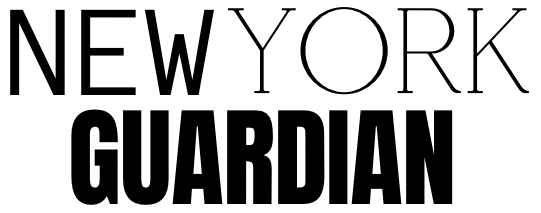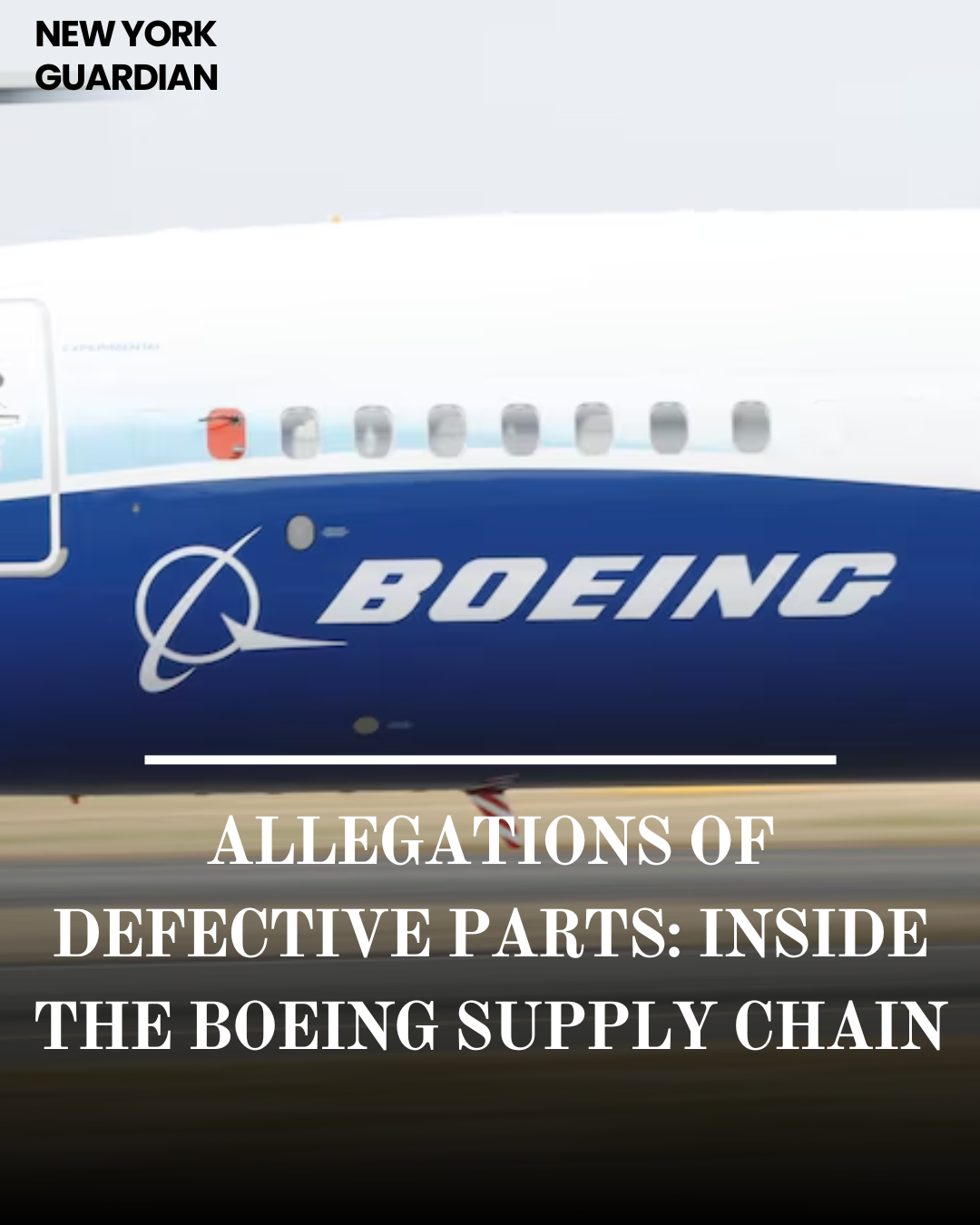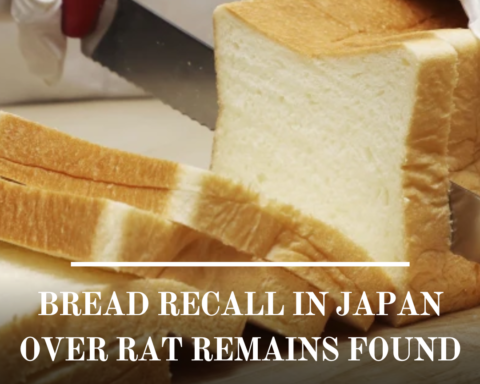According to a former quality inspector at the company, plane bodies made by Boeing’s largest supplier regularly fled the factory with severe faults.
Introduction
Santiago Paredes, a former employee of Spirit AeroSystems, has raised serious concerns about the quality of parts supplied to Boeing. His allegations shed light on the challenges within the aerospace industry and the pressure to prioritize production over quality.
Defective Parts and Production Pressure
Paredes revealed finding up to 200 defects on fuselages destined for Boeing aircraft, ranging from missing fasteners to bent and even missing parts. Despite his efforts to address these concerns, he claimed to face resistance and was labeled “showstopper” for slowing down production.
Company Response
Spirit AeroSystems refuted Paredes’ allegations, stating they “strongly disagree” with his claims and are vigorously defending against them. The company, Boeing’s largest supplier, remains under scrutiny following incidents like the detachment of a door from a new 737 Max aircraft.
Regulatory Scrutiny
The incident involving the detached door prompted an audit by the Federal Aviation Administration (FAA) into production practices at both Spirit AeroSystems and Boeing. The audit revealed instances where manufacturing control practices were not met.
Pressure to Prioritize Production
Paredes alleged that he faced pressure to overlook defects and prioritize meeting production quotas and schedules. He claimed that the focus was on meeting targets rather than ensuring the quality and safety of the fuselages.
Legal Action and Whistleblowing
Paredes’ experiences are part of legal action brought by shareholders against Spirit AeroSystems, although he is referred to as “Former Employee 1” in legal documents. This marks the first time Paredes, a former Air Force technician, has spoken publicly about his experiences.
Conclusion
The allegations made by Santiago Paredes highlight the complex dynamics within the aerospace industry, where the pressure to meet production targets sometimes compromises quality and safety standards.
As regulatory scrutiny intensifies and whistleblowers come forward, the industry faces a critical moment of reckoning regarding production practices and accountability.





















